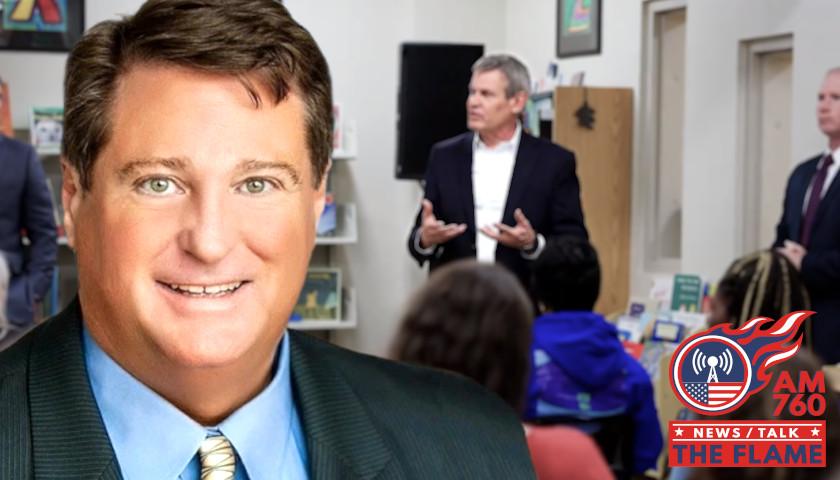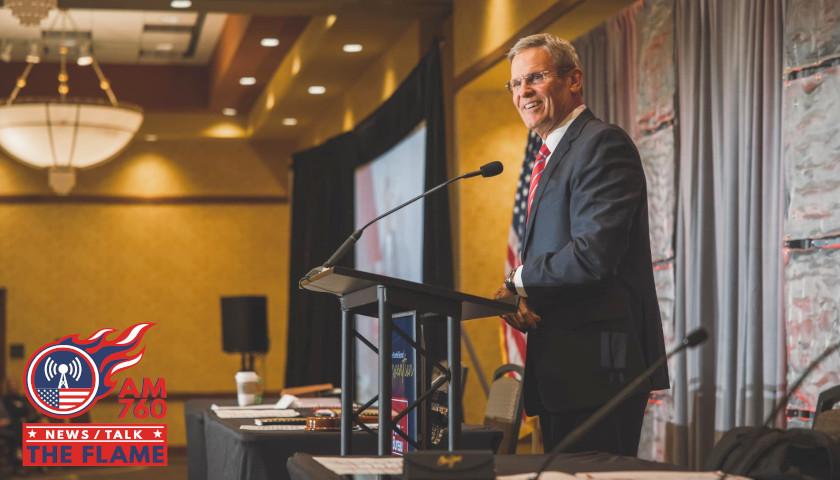by JC Bowman
I have been critical of political spending in education. For several years, whether it was advocacy disguised as philanthropy or teacher union spending, spending by both sectors has weakened the voice of stakeholders, parents, and educators. Citizens are less willing to get involved because issues are now more contentious. Even within Tennessee, too much education policy is being driven by groups outside the state.
According to the organization Americans for Fair Treatment (AFFT) in 2020-2021, the National Education Association “spent $2 on politics for every $1 it spent on representing its members.” They added: the “NEA spent $374 million overall, 18% of which went to political activities, while another 32% went to “contributions, gifts, and grants,” spending that is also largely political in nature.”
AFFT states “The NEA’s political spending increased by 32% from the year before, from $51 million up to $66 million, which does not include the money the union collected for its political action committee (PAC), or the political spending listed in other categories.” AFFT adds, “Members’ dues fund a web of political and ideological advocacy groups and causes around the country. This is money collected as regular dues, not as PAC contributions.” You can download the entire report here.
The Professional Educators Collaborative Conferencing Act of 2011 (“PECCA”), Tenn. Code Ann. §§ 49-5-601 to -609 prohibits payroll deductions for political activities. In a recent lawsuit, Tennessee Education Association, et al., versus Bill Lee, et al, Attorney General Jonathan Skrmetti included this footnote: “Since PECCA was enacted in 2011, the Tennessee Education Association (“TEA”) has engaged in extensive political activity. Its public filings show that it has spent approximately $2,000,000-$3,500,000 in Tennessee on lobbying alone. See Smith Decl., Ex. D, TEA Political Expense Reports. And the TEA’s membership applications provide that “a portion of [each member’s] dues are allocated to the TEA-FCPE,” an entity that engages in political activities, “including but not limited to, making contributions to and expenditures on behalf of friends of public education who are candidates for office.” That amount does not include local or national contributions.
Membership in voluntary institutions is preferable to compulsory systems for most Tennesseans. In 2022, the Tennessee Constitution was amended to prohibit compulsory union membership. That means Tennessee’s citizens cannot be compelled or coerced into joining unions.
Even the lobbyist for the NEA affiliate in Tennessee pointed out during legislative testimony that he is “proud to work in a right-to-work state.” The National Education Association moved to a “unified membership system” which required members to join the local, state, and national unions. As part of this structure, a portion of annual union dues that educators pay to their state and local associations goes to the national organization. The unified dues structures shift policy decisions toward the national and/or state level before being passed down to their local groups. The loss of control in local education policy decisions is concerning and further advances a union or partisan agenda which may be at odds with local members. Dues money should never be utilized in political campaign contributions or to support social issue causes unrelated to education.
Former union staff member Linda Chavez in her book, Betrayal: How Union Bosses Shake Down Their Members and Corrupt American Politics suggests, “Union leaders have never been less effective in their founding purpose: to represent their members to employers. And they have never been more effective in–and dedicated to–their tacit goal of subverting the American political system to their own ends.”
That position may seem overly harsh, but the point is not lost that using dues money for political agendas in aggressive political partisanship and promoting a wide-ranging social agenda on issues unrelated to education, is often not reflective of the diverse political views of their broader membership.
We can agree on the need to limit advocacy philanthropy and welcome real public engagement in policymaking decisions. However, we cannot deny that political spending is hurting public education. And teacher unions are among the ones we need to hold accountable.
– – –
JC Bowman is the executive director of Professional Educators of Tennessee.









Evil and corruption go hand in hand. Public Education is rarely about educating children. Politicians and Academic Administrators/Lobbyists/Unions have no interest in anything but money and power and it shows..